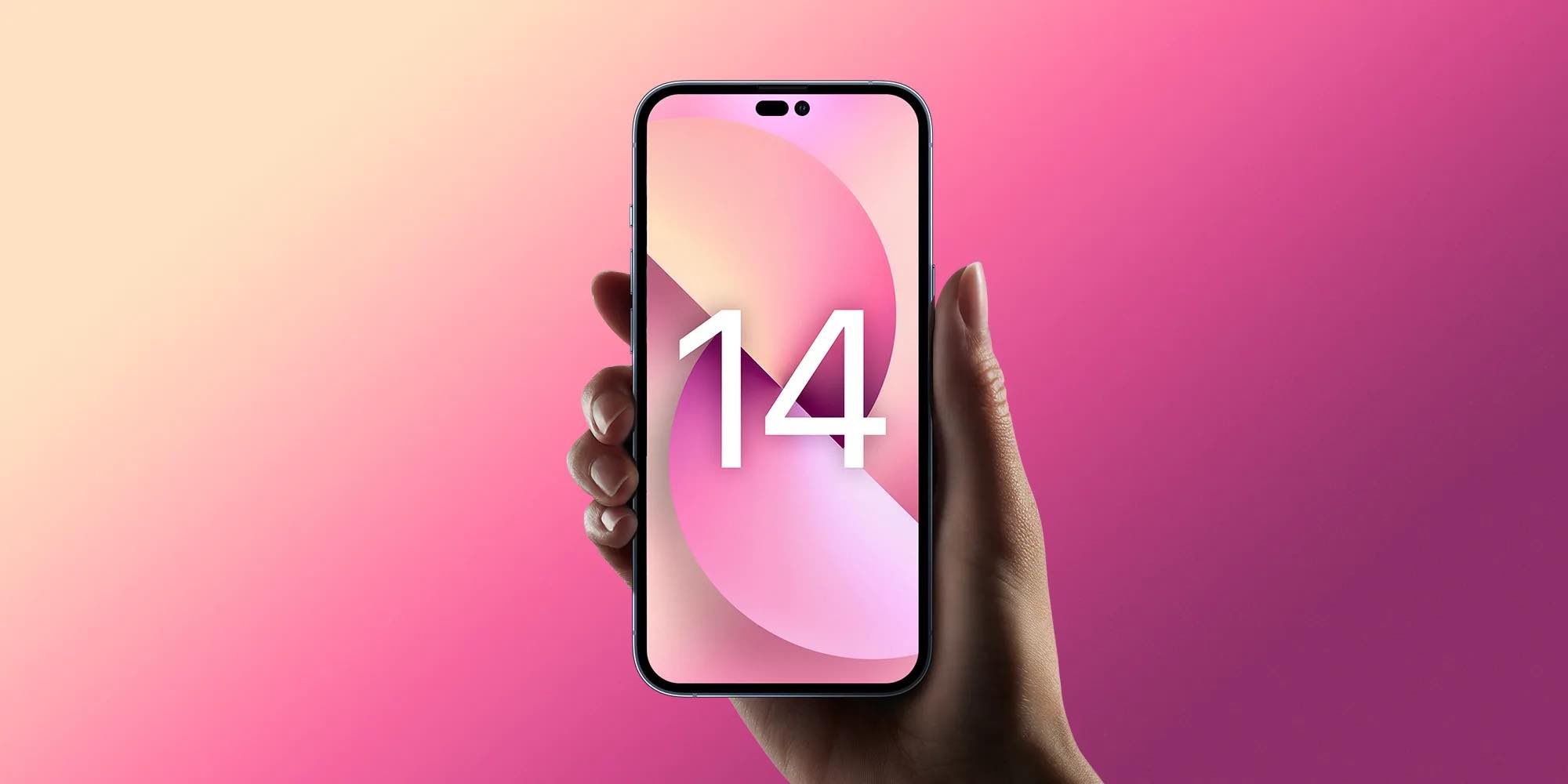
Earlier this year, an intriguing report by the very well-known analyst Ming-Chi Kuo revealed that Apple might keep the new A16 chip exclusively for iPhone 14 Pro models, while regular iPhone 14 models will get last year’s A15 chip. In a new report, Kuo has now claimed that the entry-level and mid-range iPhone models will no longer have Apple’s latest chips in the future as the company has been changing its business strategy.
iPhone 14 with A15 chip
Apple is expected to announce four new iPhone models this year: iPhone 14, iPhone 14 Max (a larger 6.7-inch version that will replace iPhone mini), iPhone 14 Pro, and iPhone 14 Pro Max. While the regular iPhone 14 models will retain the same design as the iPhone 13 with minimal internal upgrades, the Pro lineup will get more attention with a new screen design and significant camera upgrades.
This wouldn’t be the first time that Apple has kept major upgrades like a new design exclusive to the more expensive iPhone models. In 2017, iPhone X was introduced with a brand new design, Face ID, and other new technologies, while iPhone 8 and iPhone 8 Plus were just better versions of iPhone 7.
However, both iPhone 8 and iPhone X were powered by the same A11 Bionic chip. Apple followed this strategy in subsequent years with iPhone XR and iPhone XS, iPhone 11 and iPhone 11 Pro, and so on. Now it seems that things are going to change.
Following Kuo’s report, both 9to5Mac and Bloomberg confirmed with independent sources that only two of the four iPhone 14 models will get a new, faster chip. Although some analysts believe that Apple will use a more powerful version of the A15 chip with 6GB of RAM instead of 4GB in the new phones, the architecture will be the same as that found in the iPhone 13 chips.
At first, we believed that this could be a temporary move due to the global chip shortage, but Kuo now seems to think otherwise.

A new business strategy
In a report on his personal blog, Kuo noted that the huge differences between the mid-range iPhone 14 and the high-end iPhone 14 Pro should make the more expensive models even more popular with consumers. While previously the iPhone 14 Pro was expected to account for 40% to 50% of sales of the new models by the end of 2022, the estimate has now been raised to as much as 60%.
But here’s something that has never been said before: Kuo now claims that, from now on, Apple’s latest chips will be exclusive to high-end iPhone models. In other words, the analyst believes that Apple will no longer release entry-level and mid-range iPhone models with its latest and greatest chips.
Keeping the new processor for the more expensive iPhone models will certainly lead more people to buy these models instead of the cheaper ones, which will result in the average iPhone price going up. This means that Apple’s profit from iPhone sales will be even higher. Of course, Kuo also notes that this will benefit camera suppliers for high-end iPhones as well.
The latest processor chip will be exclusive to iPhone high-end models in the future, so a high shipment proportion of iPhone high-end models will be the norm, favoring high-end camera component suppliers.
If true, it seems that the days of having an entire iPhone lineup with the same new chip are gone. On the other hand, this doesn’t come as a surprise since Apple has been doing something similar with the iPad lineup. The more expensive models are equipped with the same chips as the Macs, while the cheaper iPad models remain with iPhone chips.
iPhone 14 launch and availability
If all goes as planned, Apple will likely introduce the iPhone 14 and iPhone 14 Pro in September. It’s worth noting that availability might be limited at launch due to supply issues.
Read also:
- iPhone 14 release date news: Here are the latest details
- Kuo doubts Digitimes report, says iPhone 14 orders remain the same
- Rumor: iPhone 14 series could get bigger battery in all models, except Pro Max
Author: Filipe Espósito
Source: 9TO5Google



